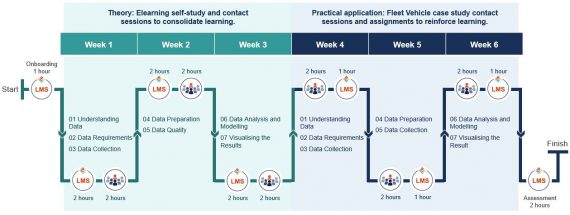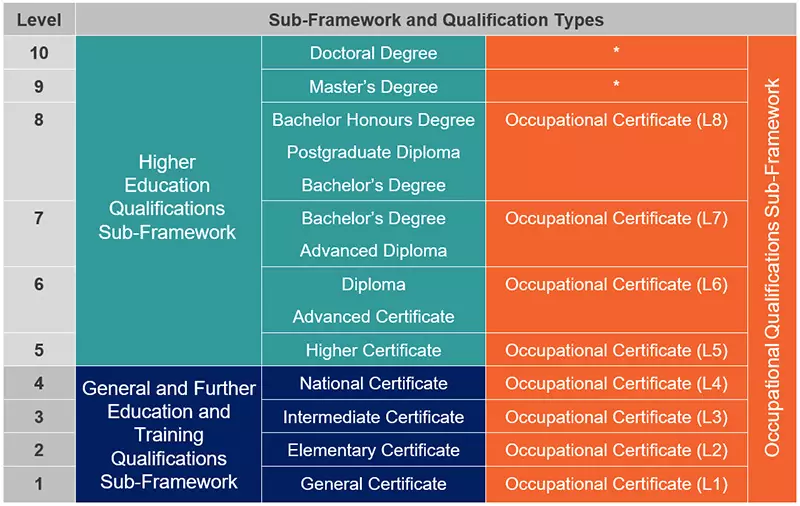About this course
The data you collect could either have meaning in your world, or it can be completely useless. Therein lies the skill – to be able to sift through all that data to figure out what is relevant and what isn’t. This training course will equip learners with skills to make good decisions after the data analysis process.
The Basic Data Analysis training course is designed to take you through the process of inspecting, cleansing, transforming, and modelling data with the goal of discovering useful information, informing conclusions, and supporting decision-making in the field of asset management.
The training will provide you with a good understanding of the requirements to ensure that the quality of the data is intact before you can attempt to analyse and model a response to a problem. The course includes a module on data visualisation which makes it easier to spot patterns and trends which will visually support the insights you have gained.
Learners will require Excel skills to complete this training.
Outcomes
Explain the benefits of proper data analysis for effective decision-making
Explain the difference between data, information and knowledge
Describe the steps in the data management process
Identify the information and data required to answer a specific question
Explain the key points to consider when collecting data
Compile a plan to collect data from multiple sources
Use Excel to prepare data for further analysis
Explain what is meant by “data quality”
Review a data set to assess and improve its quality
Select the most appropriate analysis technique for the issue to be resolved
Analyse a set of data and draw conclusions from it
Explain the key success factors for a compelling presentation
Present information and the conclusions visually as a compelling story
Understanding data
- Explain the benefits of data analysis for effective decision-making.
- Explain the difference between data, information and knowledge.
- Describe the steps in the data management process.
Data requirements
- Describe the steps in the data management process.
- Identify the information and data required to answer a specific question.
Data collection
- Explain the steps to specify the required data.
- Collect the data from multiple sources.
Data preparation
- Explain what data preparation entails.
- Demonstrate the use of Excel to prepare data for further analysis.
Data quality
- Explain what is meant by “data quality”.
- Review a data set to assess and improve its quality.
Data analysis and modelling
- Explain the difference between “analysis” and “modelling”.
- Use pareto analysis to identify the critical few factors from a set of data.
- Use jack-knife diagrams to consider two factors (eg cost and frequency).
- Create and analyse trended graphs.
Visualising the results
- Explain the success factors for an effective data-driven presentation of results.
- Draw logical conclusions from a data analysis.
- Compile a compelling presentation to visualise the analysis and conclusions as a storyline.
Who should attend?
- Maintenance planners
- Maintenance supervisors
- Asset care engineers
- Reliability engineers
Format and duration
- Blended learning, with elearning and virtual classroom contact sessions.
- 24 notional hours
- Formative activities
Certification
- Learners completing this training can obtain SAAMA CPD points.



